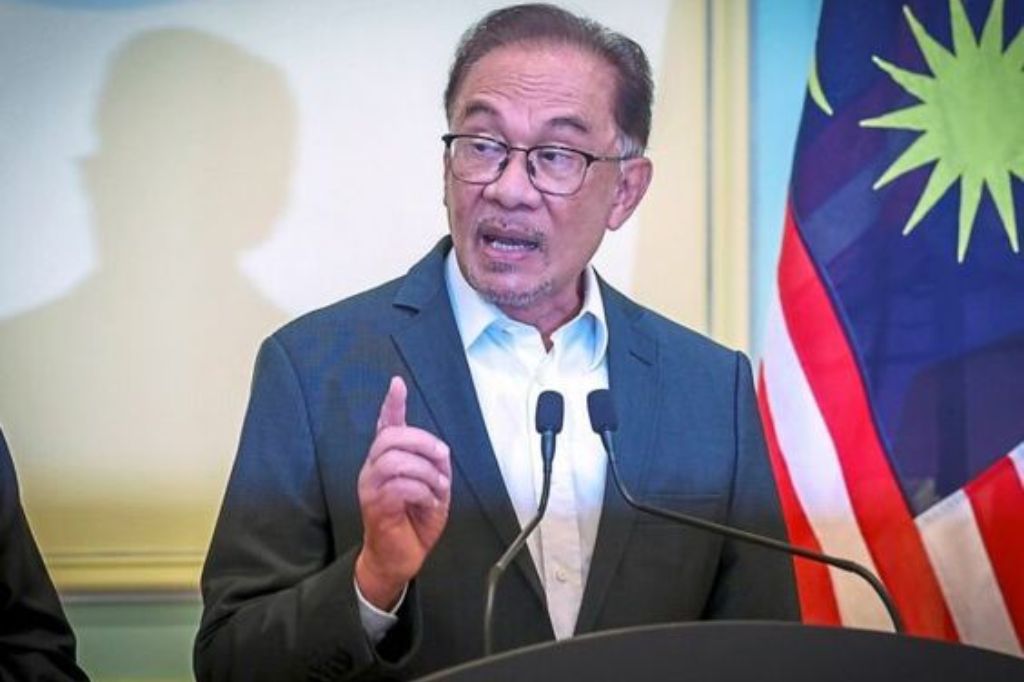“Kita menang hari ini, harga minyak jatuh esok” – Anwar Ibrahim, 2022
Anwar Ibrahim was heard shouting during a political campaign in 2022, which is not the first time he has done so. He made a similar promise during the 2008 campaign, stating that if he won the election and became the prime minister, fuel prices would drop.
Anwar’s promise to bring down fuel prices must’ve felt like a comfortable old sweater for his supporters. It’s like tuning in to your favorite rerun, knowing exactly how the story ends but enjoying it nonetheless. After all, who doesn’t like a bit of campaign-season déjà vu?
But, let’s get real for a moment – The global economy is a complex web of interconnected factors, and oil prices are influenced by global supply and demand, geopolitical conflicts, and environmental concerns. Anwar Ibrahim, like any other politician, does not have complete control over these variables. In fact, he’s absolutely right when he points out that the world has seen oil prices spike higher than ever before. In such a volatile environment, it’s challenging for any government to bring down fuel prices significantly.
As Anwar mentioned at the Majlis Ramah Mesra Madani event at Universiti Teknologi Petronas (UTP) at Seri Iskandar, Perak, on Sunday, even in oil-rich nations like Saudi Arabia, fuel prices have surged. This highlights that Malaysia is not alone in grappling with rising fuel costs. It’s a global challenge that requires thoughtful solutions beyond campaign slogans.
Common sense would suggest that Saudi Arabia, a nation abundantly rich in oil resources, should naturally enjoy lower fuel prices. However, it’s essential to question the wisdom of comparing our economic policies to those of a nation with a vastly different economic structure and an overwhelming dependence on oil revenue. Saudi Arabia’s economic landscape is fundamentally distinct from Malaysia’s, and it relies heavily on oil exports to sustain its economy. Attempting to mimic their pricing model may not only be impractical but also unrealistic.
Campaign promises are just one facet of a politician’s agenda. Anwar Ibrahim, like all leaders, likely has a comprehensive vision for Malaysia’s future. While his fuel price promise may seem unrealistic in the current economic climate, it doesn’t diminish the potential positive impact of his other policy proposals, whether they relate to education, healthcare, or infrastructure development.
After all, no one can foresee the future with absolute certainty, and governing a nation is a complex endeavor filled with unexpected challenges. What’s crucial, though, is that these promises remain grounded in reality, and that politicians are transparent about the limitations they may face in fulfilling them. It’s much more refreshing to hear a candidate acknowledge the complexities of governance than to be lured by grandiose but unattainable pledges.
As we traverse the twists and turns of each election season, let us remember that our responsibility as informed citizens is to hold our officials responsible for their actions once they are in office. It is not enough to be seduced by appealing slogans; we must ask difficult questions, and verify that campaign promises are followed up by actual solutions.
In the end, the political arena may bring moments of cynicism and humour, but it is also where our communities’ and nations’ futures are decided. So, let’s approach it with a sense of humor, but also with a commitment to a better, more grounded political landscape, where actions speak louder than words.
















